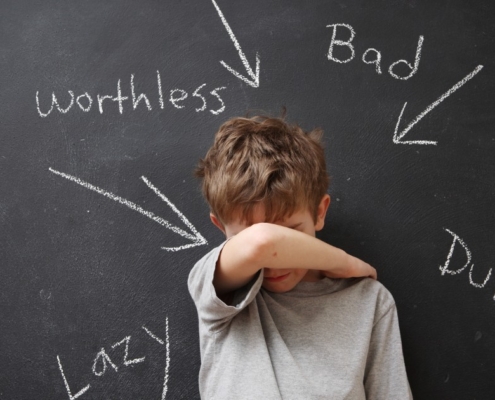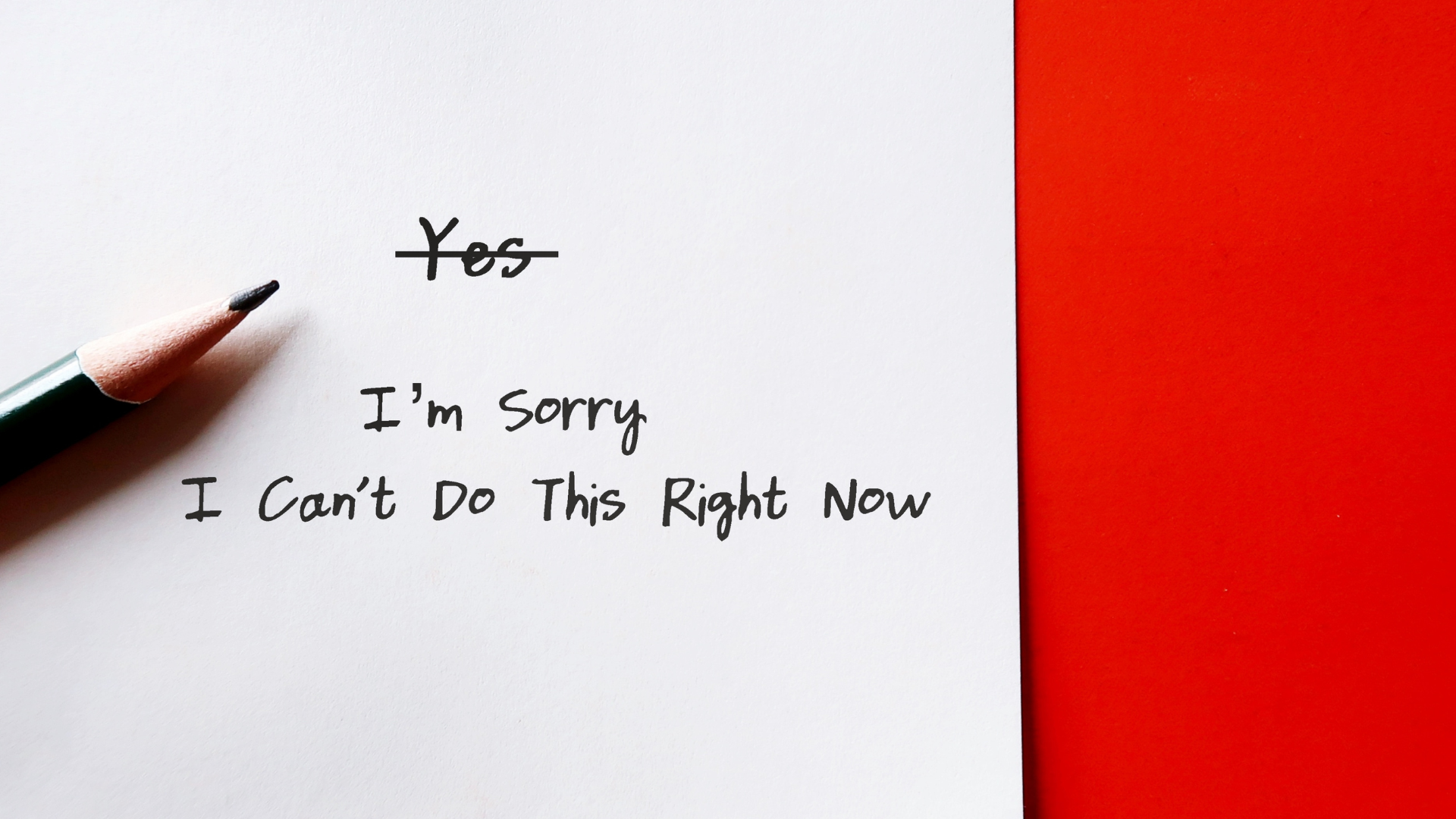Accountability is a two-way street, when you hold someone accountable, they need to hold themselves accountable too. Recently, we discussed what it is to take ownership of a given task or project, more just about ticking boxes, taking ownership of a task is about responsible autonomy.
Taking on autonomy is often more difficult than it may first seem, we don’t know what we don’t know – a given task might have steps we are unaware of or don’t know how to complete, or it may require a working knowledge of tools and workflows that we don’t have, or, far more commonly, we don’t know what the common pitfalls and issues are and where we will encounter them, kneecapping our ability to solve or avoid them.







